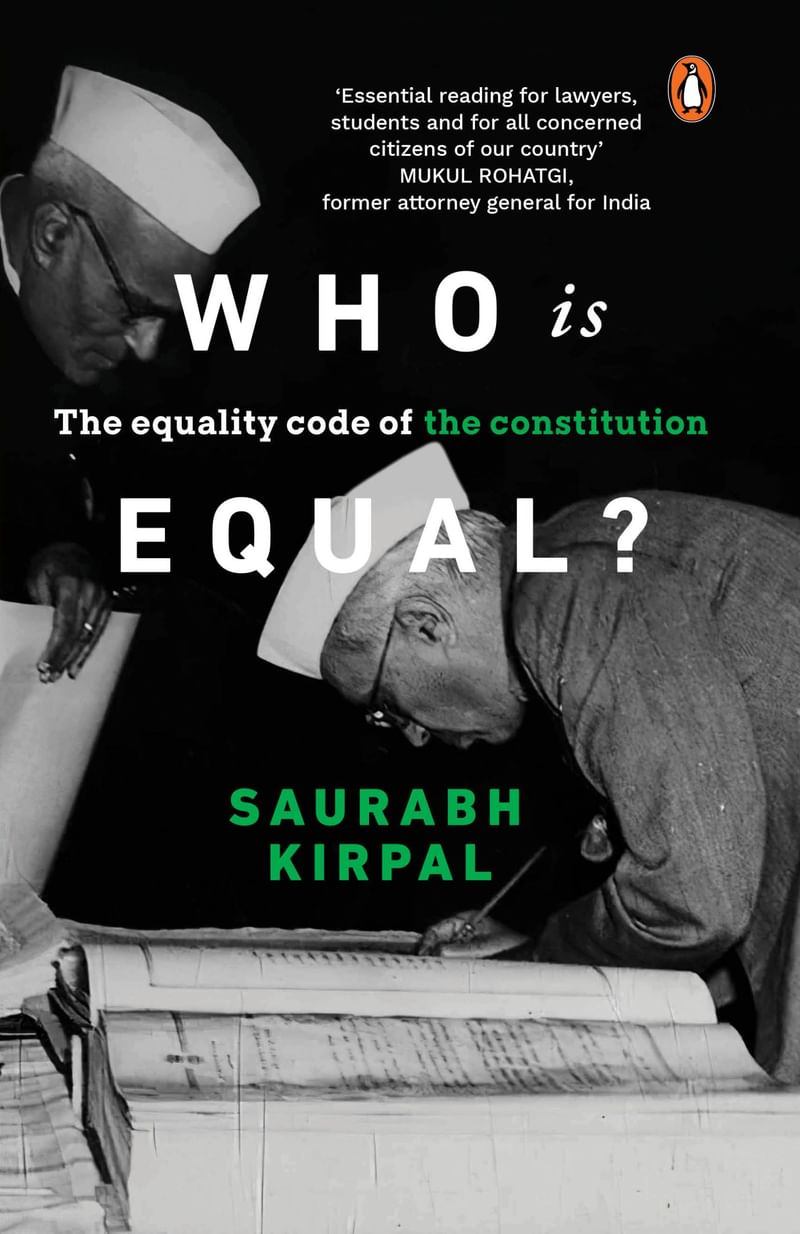The law does not recognize the crime of a husband raping his wife, the so-called ‘marital rape exception’, such a woman has no legal recourse under criminal law. Even though the rape laws were overhauled after the horrific case, the marital rape exception remained stubbornly on the statute books.
The exception then came to be challenged before the courts. In May 2022, the Delhi High Court passed a split verdict with one judge holding the exception to be constitutional and the other judge holding it to be valid. The learned judge who upheld the provision ruled that the exception was ‘eminently in public interest’ and that there was a special ‘entitlement, of the marital sphere, to its own privacy’. The judge was of the view that neither the court nor the executive ought to interfere with the privacy of the marital bedroom, even if that meant that a wife who had suffered sexual assault could not seek legal redress.
This reluctance to interfere with the perceived ‘private ’ or family sphere leads one to ask whether the Constitution of India stops at the doorstep of the marital home?
This excerpt from Who is Equal?: The Equality Code of the Constitution by Saurabh Kirpal has been published with permission from Penguin Random House India.

